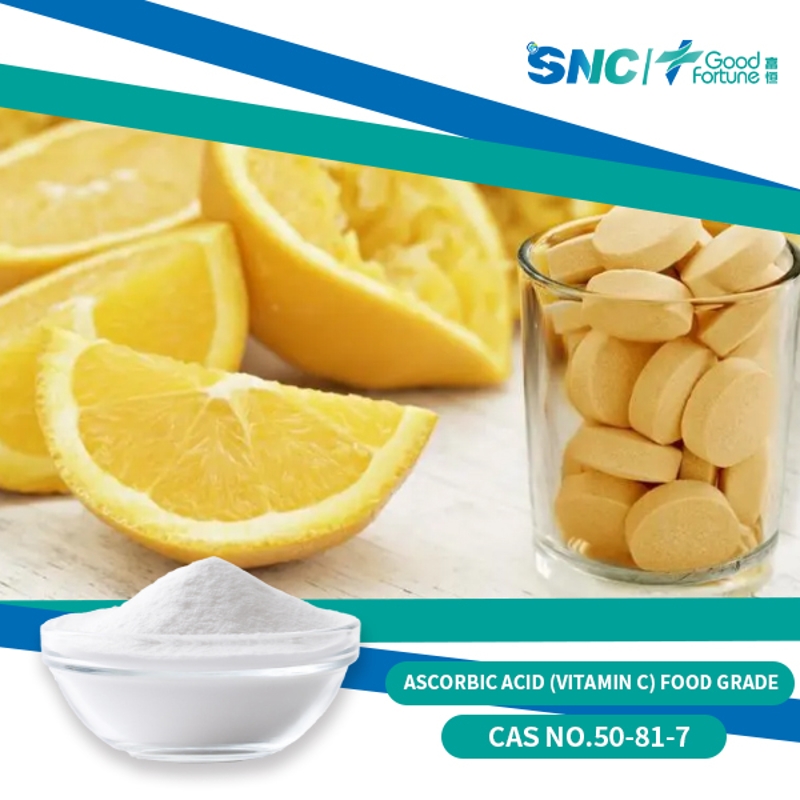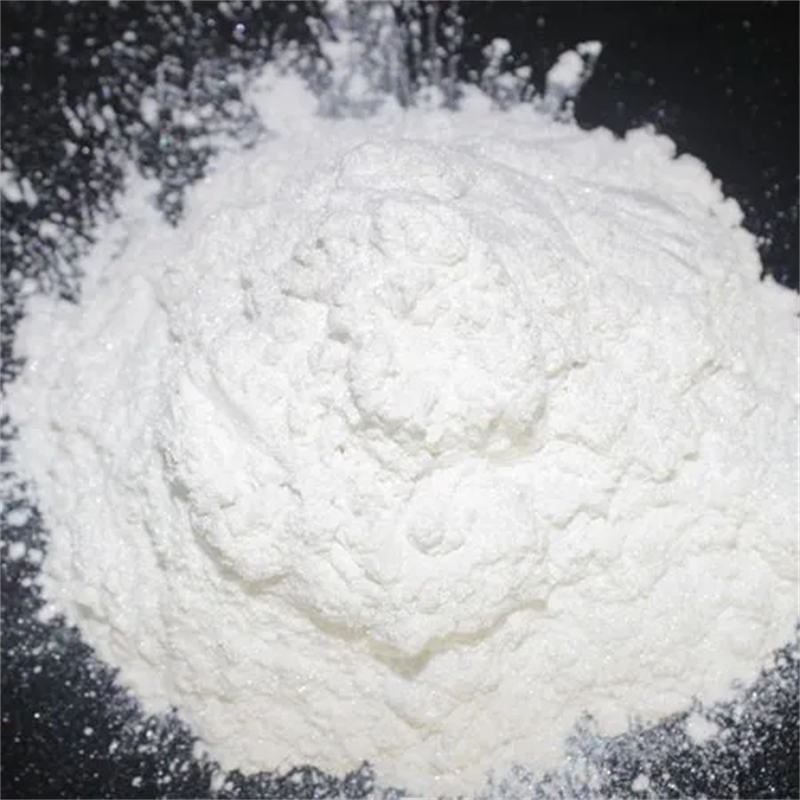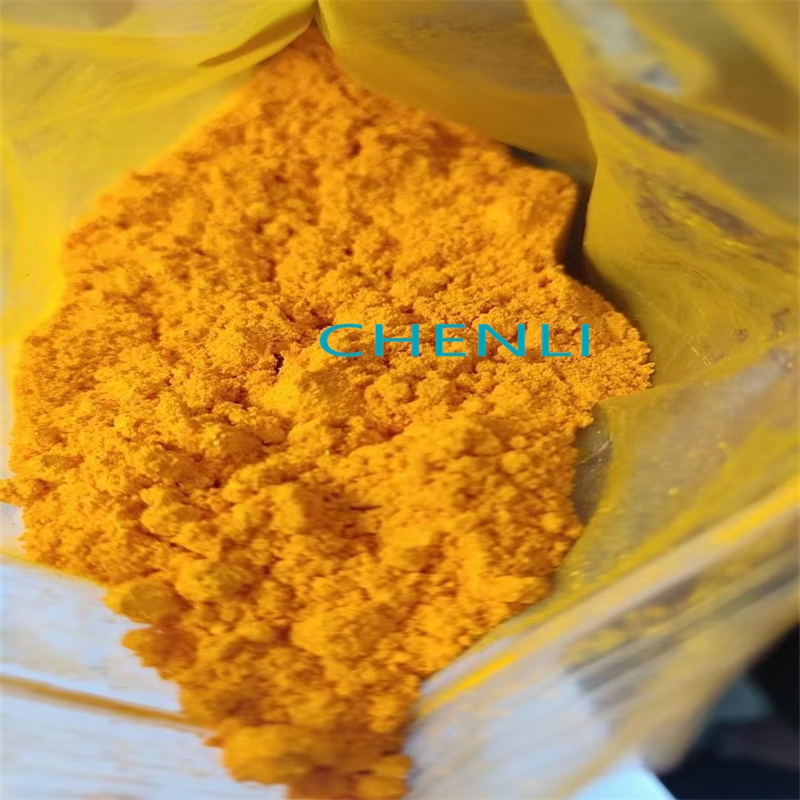-
Categories
-
Pharmaceutical Intermediates
-
Active Pharmaceutical Ingredients
-
Food Additives
- Industrial Coatings
- Agrochemicals
- Dyes and Pigments
- Surfactant
- Flavors and Fragrances
- Chemical Reagents
- Catalyst and Auxiliary
- Natural Products
- Inorganic Chemistry
-
Organic Chemistry
-
Biochemical Engineering
- Analytical Chemistry
-
Cosmetic Ingredient
- Water Treatment Chemical
-
Pharmaceutical Intermediates
Promotion
ECHEMI Mall
Wholesale
Weekly Price
Exhibition
News
-
Trade Service
Manganese sulfate monohydrate is an important chemical compound that is widely used in various industries such as agriculture, construction, and metal manufacturing.
It is a white or slightly yellowish solid that is soluble in water, and it is commonly used as a fertilizer, a flux in the production of iron and steel, and as a Catalyst in chemical reactions.
The synthetic routes of manganese sulfate monohydrate can be classified into several methods, including the sulfate process, the carbonate process, and the hydroxide process.
The Sulfate Process is the most commonly used method for the synthesis of manganese sulfate monohydrate.
It involves the reaction of manganese oxide with sulfuric acid to form manganese sulfate.
The reaction is typically carried out in a sulfuric acid solution, and the resulting product is then filtered, washed, and dried to remove any impurities.
This method is relatively simple and cost-effective, and it is widely used in industrial-scale production of manganese sulfate monohydrate.
The Carbonate Process is another method for the synthesis of manganese sulfate monohydrate.
It involves the reaction of manganese oxide with a carbonate salt, such as sodium carbonate, to form manganese sulfate.
The reaction is typically carried out in an aqueous solution, and the resulting product is then filtered, washed, and dried to remove any impurities.
This method is less commonly used than the sulfate process, but it is useful in situations where other compounds are also being synthesized and the presence of sulfuric acid is not desired.
The Hydroxide Process is a less commonly used method for the synthesis of manganese sulfate monohydrate.
It involves the reaction of manganese oxide with a strong hydroxide, such as sodium hydroxide, to form manganese sulfate.
The reaction is typically carried out in an aqueous solution, and the resulting product is then filtered, washed, and dried to remove any impurities.
This method is less commonly used than the sulfate and carbonate processes due to the high cost and the need for special handling and storage of the strong hydroxide used in the reaction.
In addition to the above-mentioned methods, there are also other methods for the synthesis of manganese sulfate monohydrate that are less commonly used, such as the double decomposition process, the ammonia process, and the direct reaction process.
The double decomposition process involves the reaction of manganese oxide with a mixture of sulfuric acid and sodium sulfate to form manganese sulfate monohydrate.
The ammonia process involves the reaction of manganese oxide with ammonium sulfate to form manganese sulfate monohydrate.
The direct reaction process involves the direct reaction of manganese oxide with sulfuric acid to form manganese sulfate monohydrate.
These methods are less commonly used due to the complexity of the reaction and the need for special handling and storage of the reagents.
In conclusion, manganese sulfate monohydrate is an important chemical compound that is widely used in various industries.
The synthetic routes of manganese sulfate monohydrate can be classified into several methods, including the sulfate process, the carbonate process, and the hydroxide process.
Each method has its own advantages and disadvantages, and the choice of method will depend on the specific application and the desired properties of the final product.







